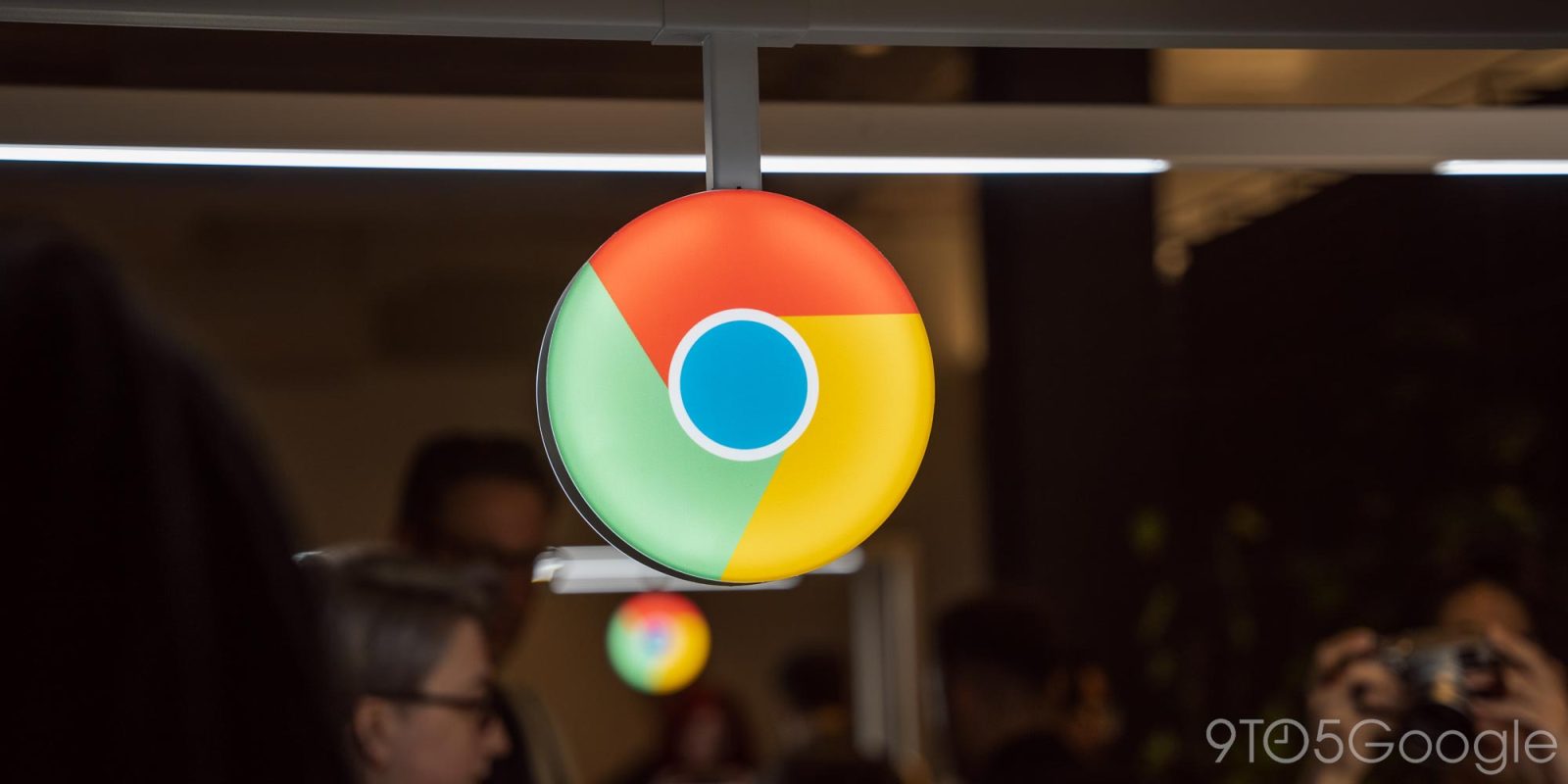
In a rather stark turnaround, Google is no longer ending support for third-party cookies in its Chrome browser.
In 2020, Google announced its plan to “phase out support” for third-party cookies, as well as cross-site tracking identifiers, fingerprinting, and other similar methods, in Chrome by 2022. The plan was to replace them with privacy-conscious alternatives to not disrupt the web’s advertising model.
This was then postponed to 2023 and then 2024, while a third delay to sometime in 2025 was announced in April.
In January, Google started a wider phase of testing, with “Tracking Protection” being the user-facing branding for the change. A “Browse with more privacy” message explained how “You’re one of the first to experience Tracking Protection, which limits sites from using third-party cookies to track you as you browse.”
“Instead of deprecating third-party cookies,” Google revealed today that it will “introduce a new experience in Chrome that lets people make an informed choice that applies across their web browsing.”
As for why, Google says the transition away from third-party cookies would have required “significant work by many participants. The “impact on publishers, advertisers, and everyone involved in online advertising” is cited today.
One example of the “additional privacy controls” coming to Chrome is IP Protection in Incognito mode:
- “IP Protection proposes to anonymize the user’s IP address, to help protect it from being used by third parties identified as potentially using IP addresses for web-wide cross-site tracking.”
- “IP Protection proposes a two-hop privacy proxy that anonymizes qualifying traffic“
- “IP protection won’t launch as a default setting for Chrome users before 2025”
Google will also “continue to make the Privacy Sandbox APIs available and invest in them to further improve privacy and utility.”
And as we finalize this approach, we’ll continue to consult with the CMA, ICO and other regulators globally. We look forward to continued collaboration with the ecosystem on the next phase of the journey to a more private web.
We’re discussing this new path with regulators, and will engage with the industry as we roll this out.
FTC: We use income earning auto affiliate links. More.




